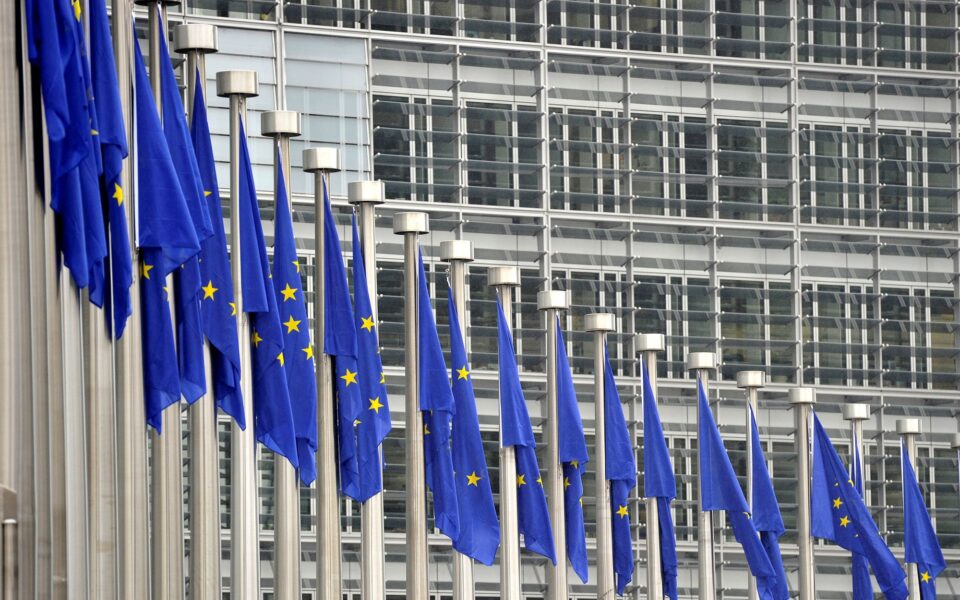Two paradoxes in a row

On what criteria is Greece’s European strategy based? The question arises from our country’s completely paradoxical attitude on two major issues: first, the single market, and second, the debate on the joint defense bonds.
The first issue is the fragmentation of the single market – the EU’s crowning achievement. Since the Covid-19 pandemic, the most powerful European states have strengthened their own businesses at the expense of weaker countries, giving them state aid that violates the principles of the market and distorts the rules of competition. These countries turn – in a very own way – the crisis into an opportunity, by subsidizing their companies to expand their market shares, displace their competitors in poorer countries, and in the next phase possibly buy them out.
As things stand, the economic ministers of 11 EU states (Denmark, Finland, Ireland, Poland, Sweden, the Netherlands, Hungary, Latvia, the Czech Republic, Slovakia and Belgium), have drawn up a joint letter denouncing practices of unfair competition that undermine the single market. The main argument made in the letter is that an extraordinary, temporary measure (the aid provided to tackle the effects of the pandemic and the energy crisis) is used to preferentially support the businesses of powerful countries. The paradox in this is that although Greece and Greek businesses are affected by this unfair competition, there was no Greek signature in the joint letter.
The second issue is the issuance of a Eurobond to strengthen the European Union’s defense capability and industry. The issue was raised at the recent meeting of the bloc’s 27 leaders. In fact, shortly before the start of the summit on March 20, Greek Prime Minister Kyriakos Mitsotakis had publicly supported the issuance of such a bond, which, on the one hand, would strengthen Europe’s defense industry, but on the other, it would also pave the way for the replacement of state aid by European aid. We know who disagreed with the idea of a Eurobond – it was Germany, again.
The second paradox is that despite its public statements, the Greek government in the end refrained from signing the proposal in favor of the joint bond. Only Estonia, Lithuania, Latvia, Romania and Portugal signed France’s proposal. Of those who did not sign, some states said they were not familiar with it, while some expressed disagreement with some of its details. A few others admitted that they did not sign because they did not want to oppose Germany. In which category was Greece? We asked the government spokesman for an explanation, but he did not offer a response. Finally, he answered through his silence.
The questions, therefore, are reasonable: On what criteria is Greece’s European strategy based? Are there any national reasons why Greece appears to follow Germany? Does our country gain anything when it appears to have “divorced” France, identified with the views of German Chancellor Olaf Scholz and distanced itself from the European South, instead of wanting to play a leading role in it?





